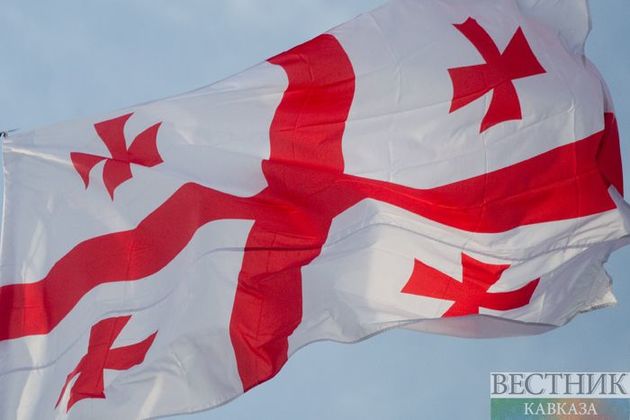Several changes have been made to the European Union-backed compromise to end the political crisis in Georgia. Head of the EU Delegation to Georgia Carl Hartzell, who introduced the changes to politicians earlier today, said this is a proposal that President of the European Council Charles Michel ‘views as balanced and realistic’.
Hartzell said after the meeting that 'some parties indicated before this meeting the need to consult the new proposal and we have taken that into account'. Therefore, he said, the mediators are now looking forward ‘to again convincing the parties back here with the view to finalising this process as a way forward and end Georgia’s current political crisis’.
The renewed text of the EU-proposed document reads that following the offer made by the Georgian Dream on April 16 ‘early parliamentary elections shall be called in 2022 if the Georgian Dream party receives less than 43% of valid proportional votes in the October 2021 local self-government elections’.
Parliament Speaker Archil Talakvadze said signing the initial document last Friday that if the ruling party will receive less then 40% of votes in this year’s local government elections, the party will discuss the issue of holding the repeat parliamentary elections.
The opposition politicians have been refusing to sign the initial document because it did not include the holding of repeat parliamentary elections and the release of 'political prisoners' - opposition United National Movement chair Nika Melia and co-founder of opposition-minded Mtavari Arkhi TV Giorgi Rurua.
The renewed document now says that 'within one week of signing this agreement, the two cases of perceived politicized justice' should be addressed 'either by an amnesty and/or by taking such steps as to produce an equivalent outcome'.
Almost all of the opposition politicians attending the meeting have expressed their willingness to sign the renewed document after they consult with other members of their respective parties, Agenda.ge reported.






